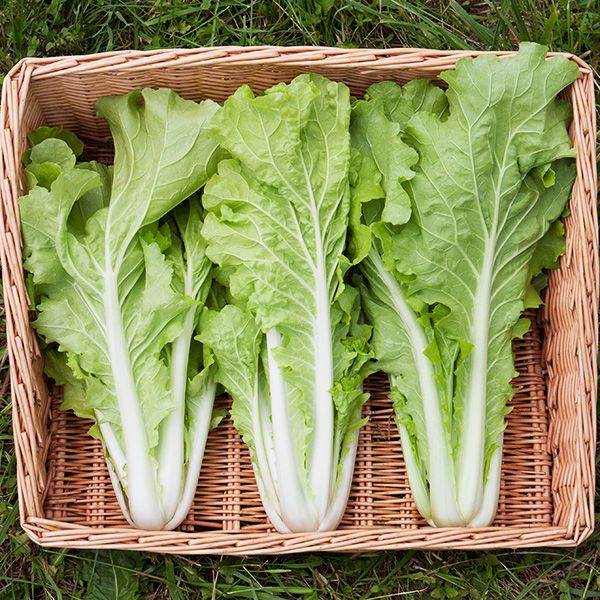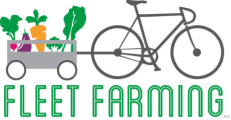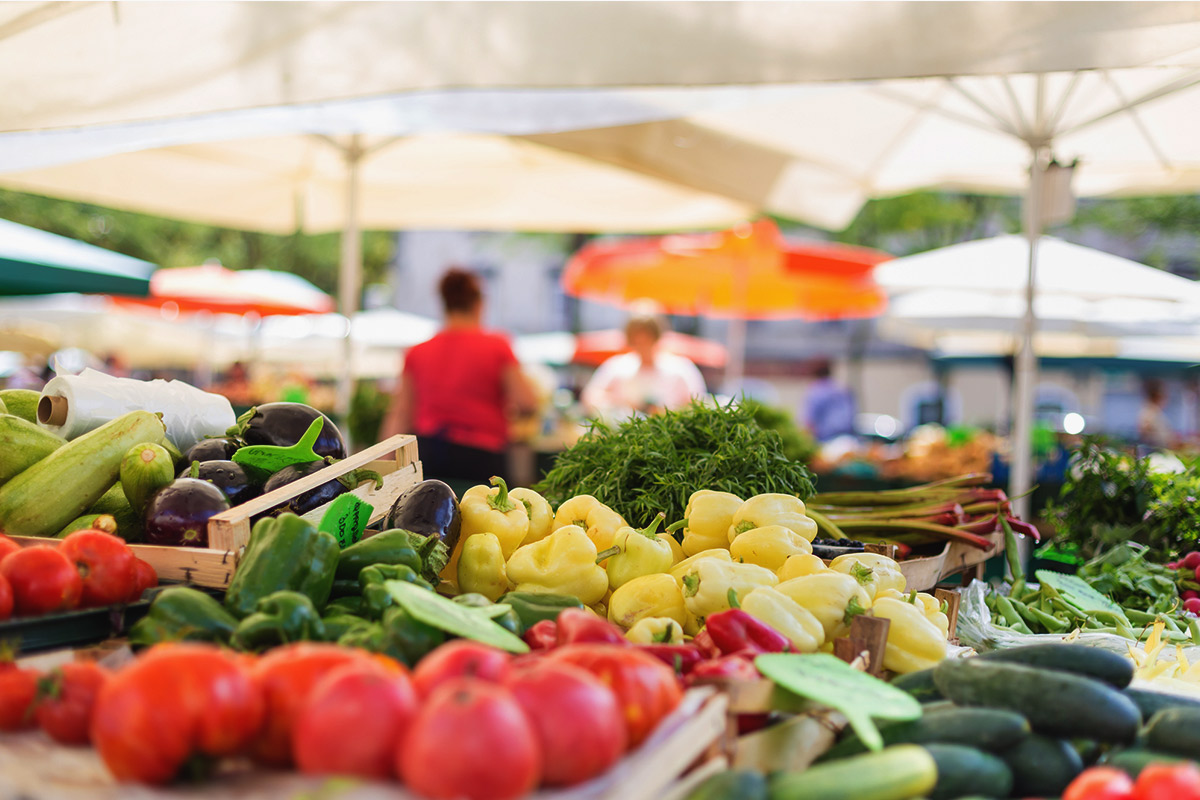We’re talking food movements again, local and organics. You want to buy local but, the vendor table at the farmers market doesn’t say that their product is organic. All anyone wants is what they believe is best for them, so where do you go from here? Talking organics can get very messy and confusing, very quickly. What does it mean to shop organic though? Why haven’t you seen an organic label on some local vendors’ products at farmers markets such as Fleet Farming? This blog is mapping out all the stigmas, filtering through learned experiences and research to better understand the broad world of organics. All the way down to your local farmers market.
“Is this organic?”

Within the United States, when shopping, you will come across products labeled as organic. This means that these items have been certified as a result of their compliance with the US Department of Agriculture’s (USDA) organic standards under their National Organic Program (NOP). These standards certify that the product has been grown, produced, and handled organically from the ground to the shelf. Products that are USDA certified are free of commonly used pesticides, the use of bio-engineering is prohibited, the food is produced with fertilizers that are free of synthetic ingredients, and products such as dairy and meat that come from livestock come from those that are free of antibiotics and added growth hormones. Sustainable practices must be utilized as well. These are just some of the standards that are required to be certified. It is solely the USDA that can authorize an enterprise the ability to label and market their product as organic under their label.
“How organic is it?”
There are three extents to which a product can be organic. The USDA requires that all organic items are properly labeled. This helps clearly distinguish a product’s variance of organic integrity.

- 100% Organic: 100% of the ingredients are organic, and processing is 100% organic.
- Organic: 95% or more of the ingredients are organic, some USDA-approved chemical additives may be used in processing.
- Made with Organic Ingredients: Certain ingredients are organic. This label statement is not a USDA standard labeling statement and cannot be used outside of the ‘Ingredients Panel’. However, it can be made if a USDA-approved certifying agent has verified the claim that some ingredients are organic.
(via QuickLabel)
Dealing the Seal
Receiving the USDA Organic seal is not an easy venture, and especially not a cheap one. With the exception of, “farms and processors with $5,000 or less in gross income from organic sales” (Quick Label 2010), it is illegal for companies to market their products as organic if the USDA has not certified them. The fine can cost upwards of $11,000. Only those fitting the aforementioned max revenue of sales from organic products may label their products as organic without USDA organic certification. The USDA sets the standards and accredited Organic Certifying Agents are hired to ensure that production and growing processes meet these standards. The certification process is very thorough. As a farm to table matter nothing can be lazily reviewed that might jeopardize the organic integrity at any point. There’s an initial application fee of $275, a site inspection fee, expedited certification fee, and the annual certification fee. The size of the farm or operation and yield of product will vary the latter prices. This means that an enterprise can have costs totaling upwards of $1500 or more sometimes just to receive the seal.
“Is this Florida organic? USDA organic? What about Southwest organic?”
There are other labels and certifications that market products as organic such as Florida Certified Organic Farmers or Soil Association. While there is a stirring regarding USDA certified organics with changes to federal regulations and some growing lack of trust, many still utilize it as their preferred certification. E.g. in December 2007 the regulations were first amended to allow the use of synthetic substances in organic livestock production. You can find the Electronic Code of Federal Regulations here.

“Why isn’t your produce organic though? They have organic at–”
It’s 10am and you’re super excited to be checking out the Sunday morning farmers market. There’s tons of produce, cooked food, kombucha on tap, lower prices than you expected–the works! Many of the vendors however don’t clearly have “organic” marked anywhere. Fresh. Homegrown. Grown locally. Where is the (USDA) organic label? Because there’s no sign it must not be organic, right? Absolutely not. While not all local producers are obviously organic, many practice sustainable farming and grow food that is free of pesticides and those synthetic fertilizers. As we just learned though, the amount of money it takes to receive the label and ability to market one’s product as organic is both arduous and expensive. For smaller operations, the opportunity costs of fighting to receive certification are outweighed by the toll it can take financially. Plus, marketing as such without certification is illegal, resulting in a fine if you’re not small enough to be exempt.
“What about Fleet Farming? Why local?”

Fleet Farming utilizes sustainable and organic practices! For example, plant based pest deterrents that are environmentally “pest friendly”. Whether or not to shop organically and where is a personal endeavor that is up to only you. The benefits of that vary person to person. Similarly, the benefits of shopping locally consider this and also consider environmental and social responsibility. Local produce travels less distance to get to you resulting in a significantly smaller pollution footprint. The distance from farm to table requires less fuel, emitting less greenhouse gases. This issue is already being addressed by Fleet Farming, “the typical American meal travels an average of 1,500 miles from farm to table. In the US, we expend ten calories of fossil fuel energy in the atmosphere for every calorie of food we consume due to the transportation of the produce”. This is known as food miles. With organic foods having to travel great distances, sometimes the environmental toll can negate the other benefits. Local food comes from within the community and aside from less food miles, many local farmers strive to provide honest products. They share the same ideas as those who are organically certified and create clean food. Many love engaging with customers, you can learn about where your food comes from from the source directly. An investment into local food is an investment into the environment and into the community. Plus, you’re still getting the good stuff– in season.
Sources: Quick Label 2010

